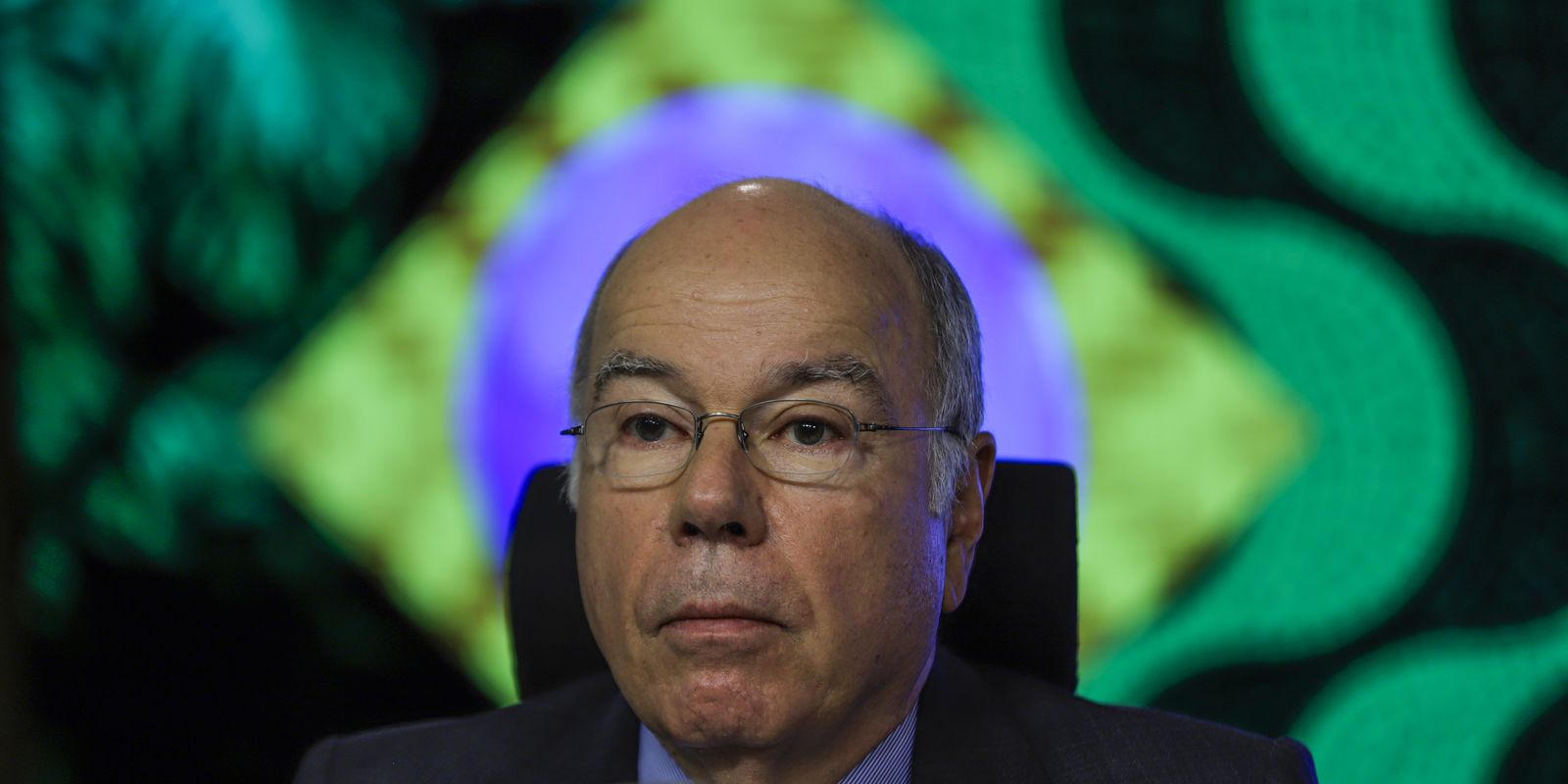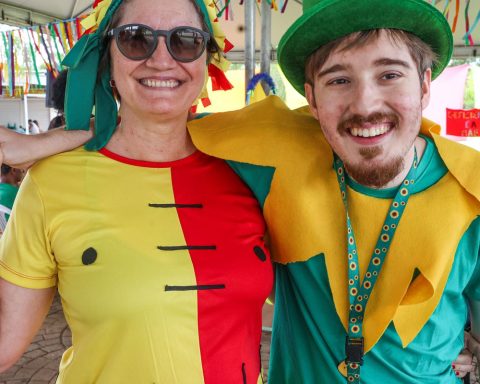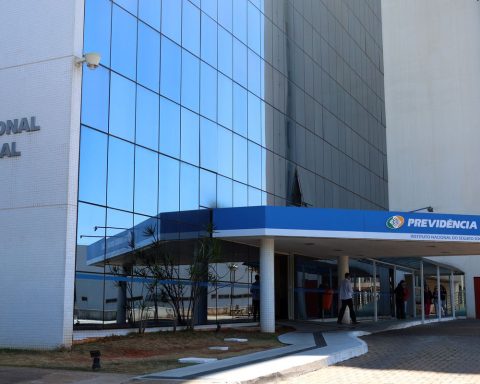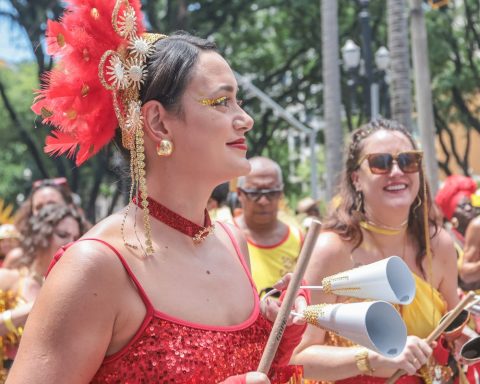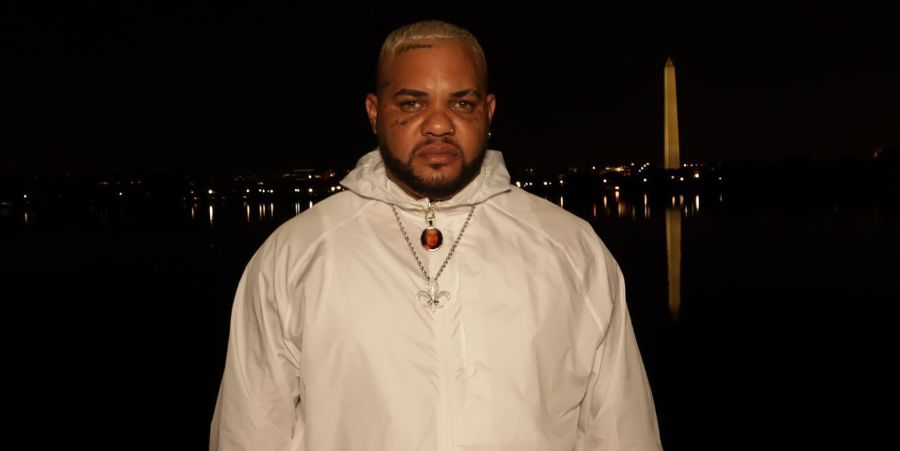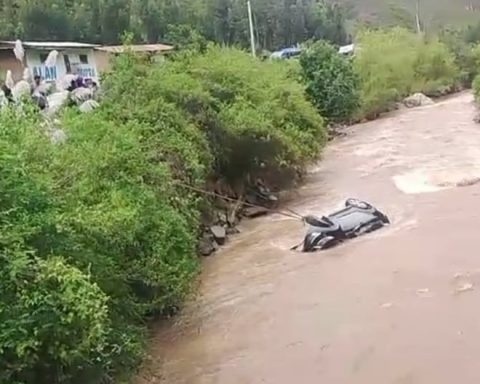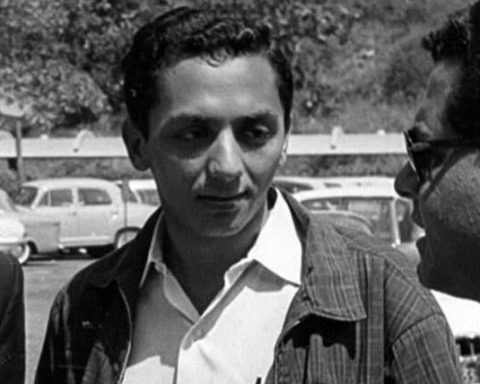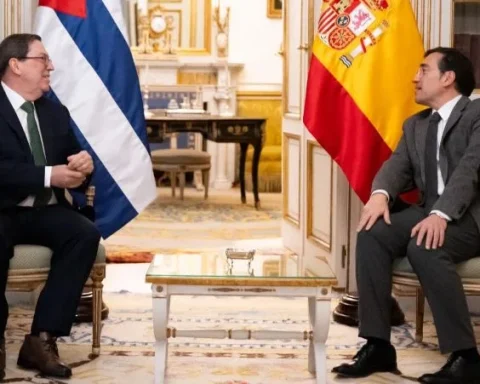The Minister of Foreign Affairs, Mauro Vieira, stated today (14), at the opening of the Brazil Africa 2024 Forum, in São Paulo, that the 21st century will belong to Africa and highlighted that a multilateral agreement between development banks should be sealed soon. Promoted by the Brazil Africa Institute, the event reaches its 12th edition with the theme “Investment in Infrastructure for Sustainable Development in Brazil and Africa”.
Vieira highlighted that Brazil, currently in charge of the G20, has placed African countries on its list of priorities. The understanding is that the historical relationship between the country and the continent favors rapprochement in the field of investments. What is required, according to him, from Brazilian companies, is the ability to know how to insert themselves into new production chains.
“Although Brazil’s economic presence in Africa is still below its potential, we have an intangible triumph with the countries of the continent, something essential for any long-term partnership: mutual trust, the result of ancient relations between our peoples. Brazil has the largest population of Afro-descendants in the world, outside of Africa”, he pointed out.
Mauro Vieira also highlighted that African issues are directly related to Brazilian identity. “For us, African issues are not seen from afar or from the outside, but from within, as they are a constitutive part of who we are. African blood runs through our veins, African accents season our language and culture enriches our imagination. We are on the other side of the ocean, but our dreams and aspirations of our people are in tune”, he added.
The minister presented an overview of what has been strengthening the continent, which, according to him, contains 60% of the world’s arable land and has significant potential in terms of green technologies. One of the examples given was the entry of Egypt and Ethiopia into the BRICS, an acronym that refers to the first members of the economic group, which are Brazil, Russia, India, China and South Africa.
The head of Itamaraty recalled that in 2023 the African Union joined the G20. The bloc, which brings together 55 countries, is the second to become a permanent member of the economic summit, succeeding the European Union.
“Together with the African Union, we have warned about the problem of debt. As President Lula rightly said, what we see is an absurd net export of resources from the poorest countries to the richest countries. It is the Marshall Plan in reverse. There is no how to invest in health, education or adaptation to climate change if a significant part of the budget is consumed by servicing the external debt”, said the president.
Still in relation to social inequality and income concentration, the minister highlighted that several African countries spoke out in favor of Global Alliance against Hunger and Poverty, suggested by Brazil.
“Another issue that arises is the taxation of the super rich. If the 3 thousand billionaires on the planet paid 2% taxes on the income from their fortunes, we could generate enough resources to feed the 340 million people who, according to the FAO [Organização das Nações Unidas para Alimentação e Agricultura]face severe food insecurity in Africa. This proposal, in addition to being morally unassailable, makes sense from an economic point of view. Taxes on the super rich will distribute resources more efficiently around the world, so much so that a large proportion of the super rich support this measure, according to several recent opinion polls.”
Among the demonstrations cited by the minister as evidence of African protagonism are the distinction in terms of culture, professional training, scientific and industrial development and the activities of organizations such as the Brazilian Cooperation Agency (ABC), the Guimarães Rosa Institute (IGR ), the Brazilian Export and Investment Promotion Agency (Apex), the Brazilian Agricultural Research Corporation (Embrapa), the Oswaldo Cruz Foundation (Fiocruz) and the National Learning Service.
“One third of the approximately 700 cooperation projects currently carried out by Brazil are on the African continent. In a prominent position are the Portuguese-speaking African countries. Mozambique is the largest beneficiary of Brazilian cooperation with ABC resources in Africa, covering diverse areas, such as health, agriculture, education, professional training, as well as other structuring projects”, he mentioned.
The minister also noted that Brazil’s intention today is to seek ways to renew the industry. “We don’t just want to industrialize, but neo-industrialize.”
